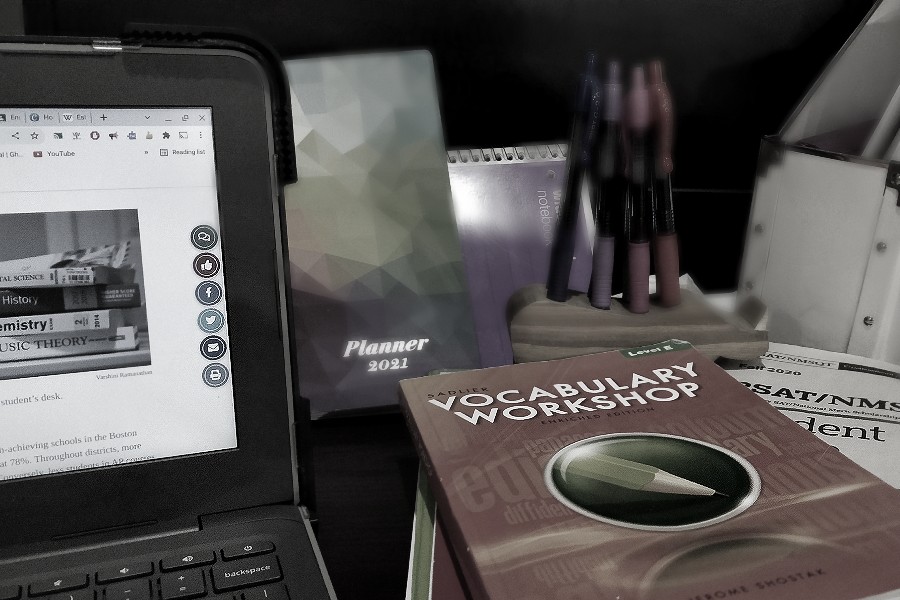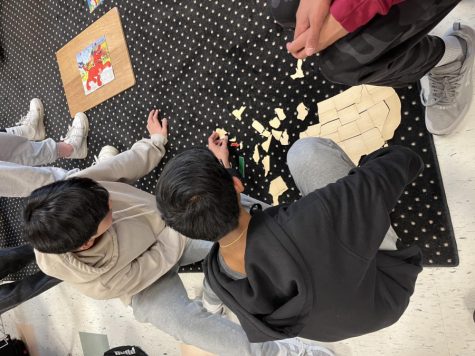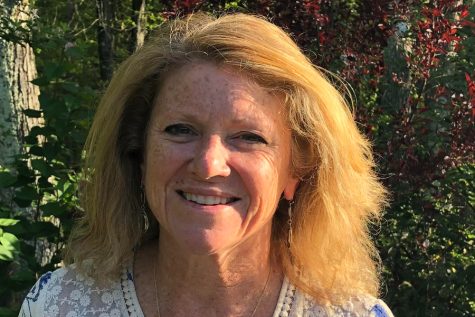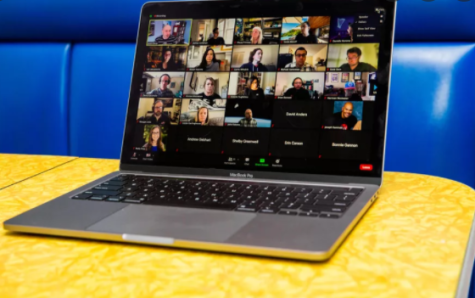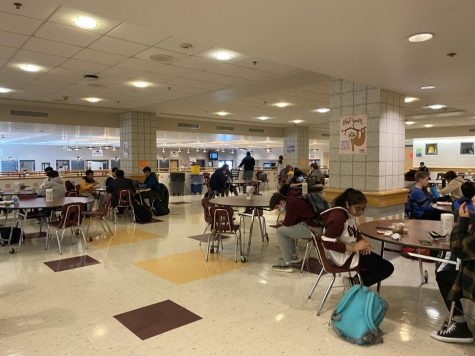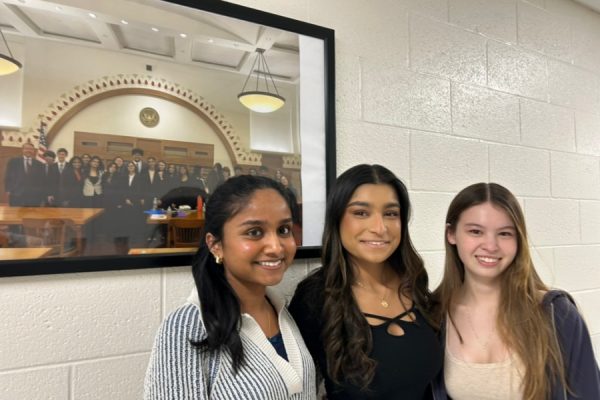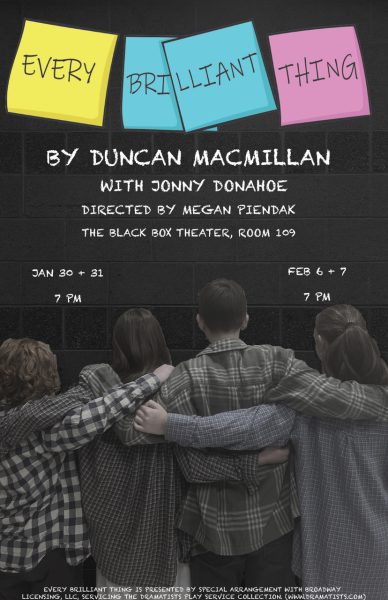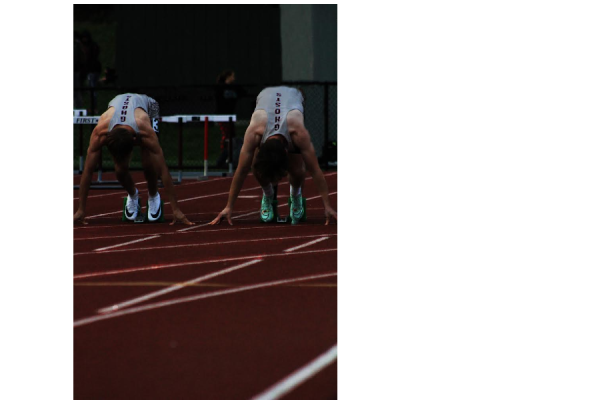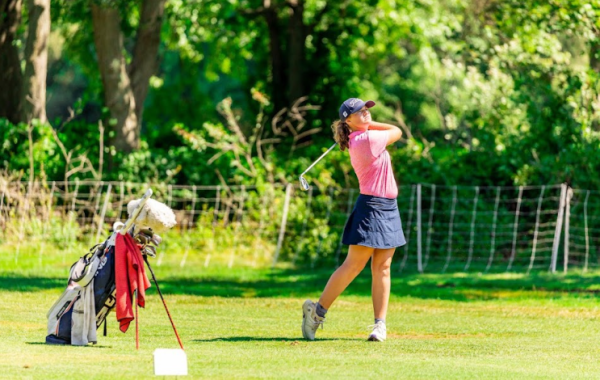Expectations for academic rigor change at WA
A student’s desk cluttered up with schoolwork.
This year, hallways are back to being crowded and classes are back to being full. Students do labs in chemistry, group projects in history, and converse with each other in language classes. However, as WA eases back into the more-or-less normal schedule of in pre-pandemic times, there have been concerns about how students who are new to the school will adapt to the normal amounts of work and the academic rigor on which WA prides itself.
During the pandemic, students were often sitting in front of their computers, a “classroom setting” prone to distraction. Due to this, teachers are uncertain if content which was meant to be covered last year has stuck with their students.
“I don’t know that the [German] grammar and the vocab that you should have acquired actually got done. It’s not the students’ fault […] and definitely not the teachers’ fault either,” German teacher Tim Welch said.
Welch, who is well aware of the possible coverage gaps students have, has slowed his classes down, in a way. Every now and then, when students lead class discussions in a direction Welch was not planning on going, he encourages students to continue. This allows for a lighter workload on students.
“[Sometimes] it’s alright if this doesn’t get done, or it’s alright if we laugh about this or it’s all right if we take some days where we don’t really move forward in the curriculum, but we learn new stuff,” Welch said.
U.S. history teacher Kimberly Sears agrees with this sentiment and has reduced homework for the past two years because of the pandemic. Sears, while keeping students’ workloads at home small, aims to get more learning in during the class time.
“I’ve never given a ton of homework before [the pandemic] but I really think with the past couple of years, […] I’ve reduced it even more,” Sears said. “I think this is a good thing for everybody.”
While there is less homework given, Sears and Welch work to maintain a challenging but manageable class by encouraging participation. In Sears’s classes, she has seen participation rise, with more students engaging in class discussions.
As for midterms and finals, Sears and Welch have differing views. Sears believes that without midterms, there can be more learning done.
“[In terms of the midterms cancellation,] it was a really great decision because we had so many absences,” Sears said. “It would have been really hard for students to keep up with all the make-up work.”
However, Welch believes that while midterms and finals being canceled was the only good option for students this year, large exams are still a good way to evaluate student comprehension of what they learned in a class so far.
“[Midterms and finals] gave everybody a chance to make big study guides and put everything together and ask clarifying questions and realize that we have done a lot of stuff,” Welch said.
Welch also thinks that midterms and finals are good preparation for college and other future endeavors and that the cancellation is a missed opportunity.
“There are plenty of exams students are going to have to take [in the future],” Welch said. “They’re not going to be cancelled because of COVID-19.”
For some underclassmen, however, not having these big exams this school year may be disadvantageous for future years.
“I have never actually experienced taking midterms or finals. This [will make] next year much harder and more stressful,” sophomore Jefferey LaFlamme said.
For this school year, teachers received guidelines from both the superintendent, Christopher Chew, and WA’s principal, James Antonelli on how to manage academic rigor.
“They’ve been good about telling us it’s okay to calm down and don’t feel like cramming as much academic content as possible,” Sears said. “We’re [feeling], I think, a little bit less pressured.”
Senior Alexandre Guay also feels less pressured, while still feeling prepared for college, even with a less difficult year.
“The academic rigor has been actually a lot lower and more manageable than in pre-COVID-19 years,” Guay said.
For this school year, teachers’ decisions to take it slower are made in hopes of allowing students to take a breath and enjoy their time at school.
“It’s hard to find that balance between teaching new things, always learning new things and not overloading and not having expectations set too high,” Welch said. “Learning has to be fun here.”

